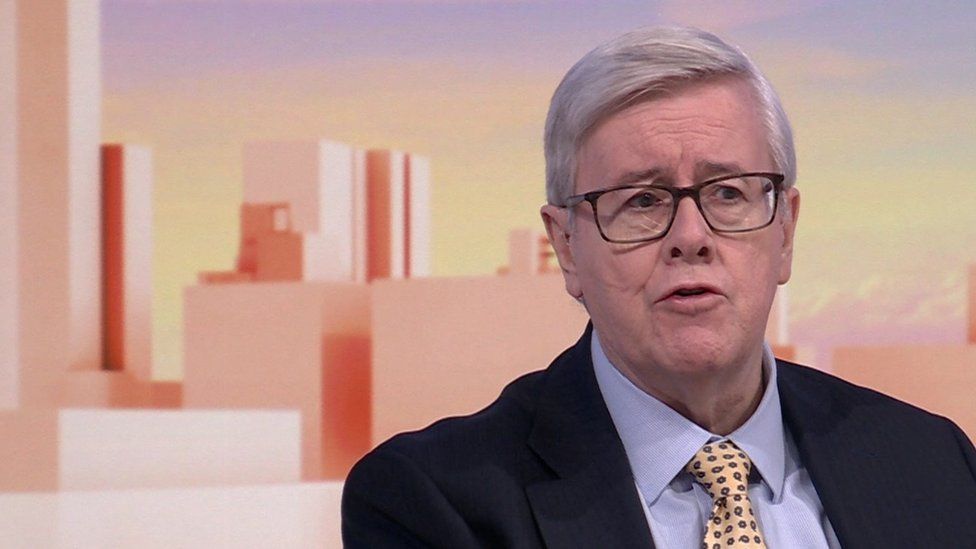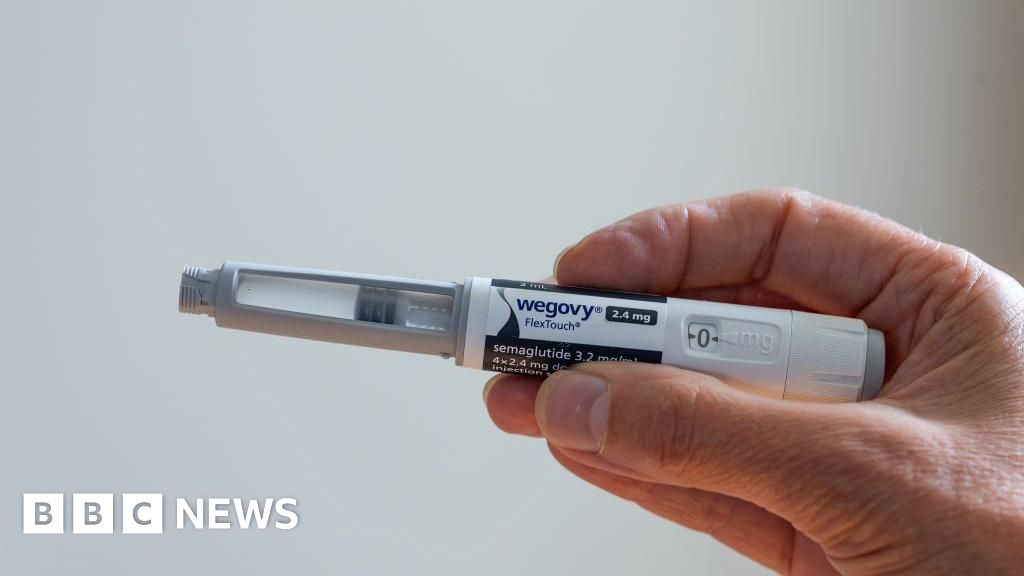ARTICLE AD BOX

Chairman of Tesco John Allan was speaking to the BBC
Some food firms may be using inflation as an excuse to hike prices further than necessary, the chairman of Tesco has said.
Asked by the BBC's Laura Kuenssberg if food producers were taking advantage of the poorest in society, John Allan said it was "entirely possible".
He said Tesco was "trying to mitigate price rises" with measures such as own-label alternatives.
The cost of food including milk and cheese are at their highest since 1977.
Mr Allan said supermarkets were challenging cost increases where they could - and confronting those that were not legitimate.
Millions of people continue to struggle with the cost of living which rose steadily as Covid restrictions eased and after Russia launched its assault on Ukraine.
Inflation, which measures the rate of price rises, fell to 10.5% in the year to December from 10.7% in November - but remains at levels not seen for 40 years.
Food prices rose 16.8% in the year to December, said the Office for National Statistics (ONS).
Basics such as milk, cheese and eggs saw the biggest increases. Prices for jam, honey and chocolate also jumped. However, price growth slowed for bread and cereals.
Consumer group Which? has also been tracking how much major retailers have put up their prices compared with their competitors.
Tesco was sixth in the list of supermarkets with the highest price rises, the group said.
Which?'s supermarket food and drink inflation tracker records the annual price rises of tens of thousands of food and drink products across three months at eight major supermarkets - Aldi, Asda, Lidl, Morrisons, Ocado, Sainsbury's, Tesco and Waitrose.
It found that despite being the cheapest supermarkets overall, Lidl's prices went up the most in December at 21.1% since this time last year, followed closely by Aldi at 20.8%.

 2 years ago
41
2 years ago
41








 English (US) ·
English (US) ·